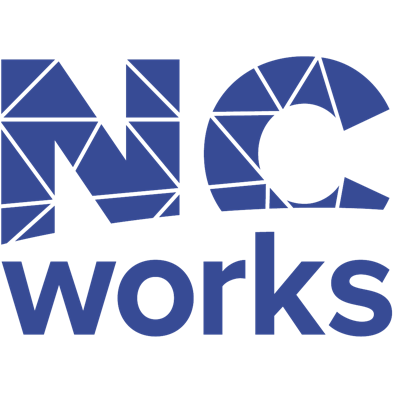Non-Degree EMS Training
EMT Basic (non-degree)
This EMT-Basic Program provides a comprehensive introduction to the world of emergency medical care. The course covers the fundamentals of emergency medical response, including patient assessment, basic life support (BLS) techniques, trauma care, medical emergencies, and airway management. Students will learn to manage and assess patients in a variety of situations, such as cardiac arrest, trauma, respiratory distress, and medical emergencies like diabetes or allergic reactions.
The curriculum includes both classroom instruction and hands-on training through skills labs, where students will practice critical techniques such as CPR, bleeding control, splinting, and administering medications. Students will also complete clinical rotations and field internships, providing practical experience by working in real-world healthcare settings, such as emergency departments, ambulances, and other pre-hospital environments, under the supervision of experienced paramedics and medical professionals.
EMT Basic is the entry point for students to embark on their EMS journey. Successful completion of the course and of state testing is required for students hoping to continue with further EMS training and is a requirement for active NC firefighters. This class entails 250 didactic hours and 48 clinical hours.
EMT Basic Upcoming Courses:
If you cannot access the content below, click here to view it directly on Google Calendar.
EMT Basic Resources:
If you cannot access the content below, click here to view it directly on Google Drive.
Advanced EMT (non-degree)
The Advanced EMT Program is a comprehensive course that builds on the foundational knowledge of the EMT-Basic level and introduces advanced pre-hospital care techniques. This program covers a wide range of topics, including advanced airway management, medication administration, IV therapy, cardiac monitoring, and the management of complex medical and trauma emergencies. Students will learn how to assess and treat patients with more advanced medical conditions, and how to perform advanced life support (ALS) procedures under pressure.
The curriculum includes classroom lectures, hands-on skills labs, clinical rotations, and field internship experiences. Students will gain practical experience by working in real-world healthcare settings, such as emergency departments, ambulances, and other pre-hospital environments, under the supervision of experienced paramedics and medical professionals.
Students will spend 4-5 months in their Advanced EMT course. This course entails 186 didactic hours, 96 clinical hours, and 24 capstone hours. Our flip/ flop schedule accommodates students who are already working on a shift work schedule. This format allows students to choose weekly whether they will attend class on Tuesday or Thursday.
Advanced EMT Upcoming Courses:
If you cannot access the content below, click here to view it directly on Google Calendar.
Advanced EMT Resources:
If you cannot access the content below, click here to view it directly on Google Drive.
Paramedic (non-degree)
CFCC’s COAEMPS accredited paramedic program is available for Advanced EMT’s looking to take the next step in their EMS career. This dynamic, hands-on course delves deeper into essential topics such as advanced anatomy and physiology, pathophysiology, pharmacology, trauma and medical emergencies, patient assessment, and advanced airway management. Students will also receive training in advanced cardiac life support (ACLS), pediatric advanced life support (PALS), and trauma life support (PHTLS).
The curriculum combines classroom instruction, clinical rotations, and field internship experiences with a focus on delivering quality care in emergency situations. Students will work closely with experienced paramedics and healthcare professionals, gaining real-world experience in hospitals, EMS settings, and in the field. Through rigorous training, students will develop critical thinking, problem-solving, and communication skills necessary for delivering high-quality patient care.
Students will spend 9-18 months in their paramedic program. This course entails 500 didactic hours, 240 clinical hours, and 144 capstone hours. Our flip/ flop schedule accommodates students who are already working on a shift work schedule. This format allows students to choose weekly whether they will attend class on Tuesday or Thursday.
Paramedic Upcoming Courses:
If you cannot access the content below, click here to view it directly on Google Calendar.
Paramedic Resources:
If you cannot access the content below, click here to view it directly on Google Drive.


